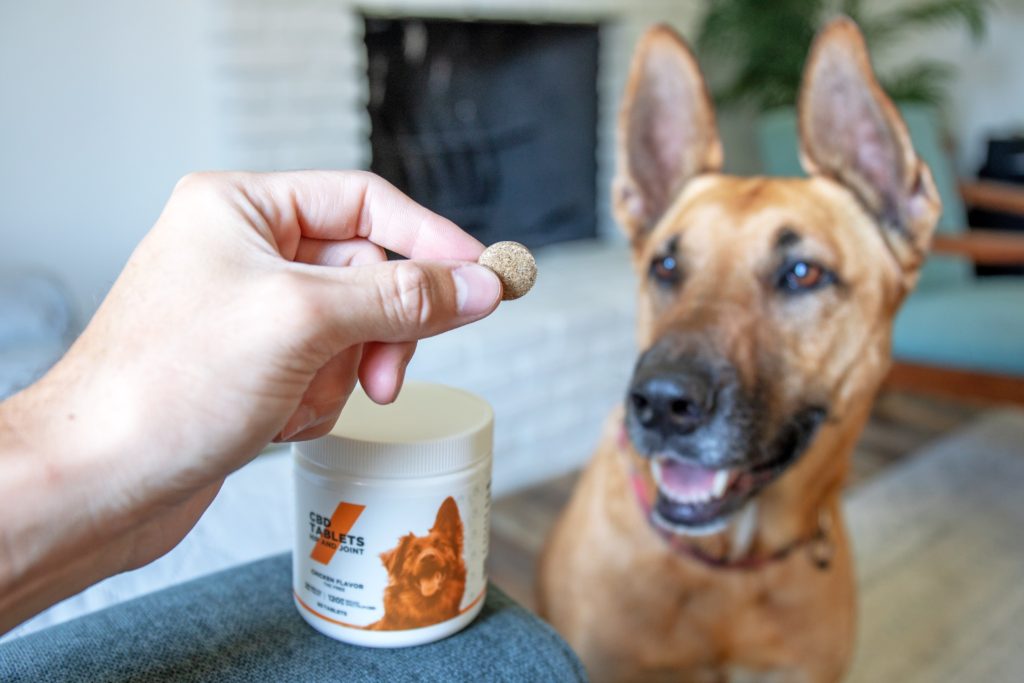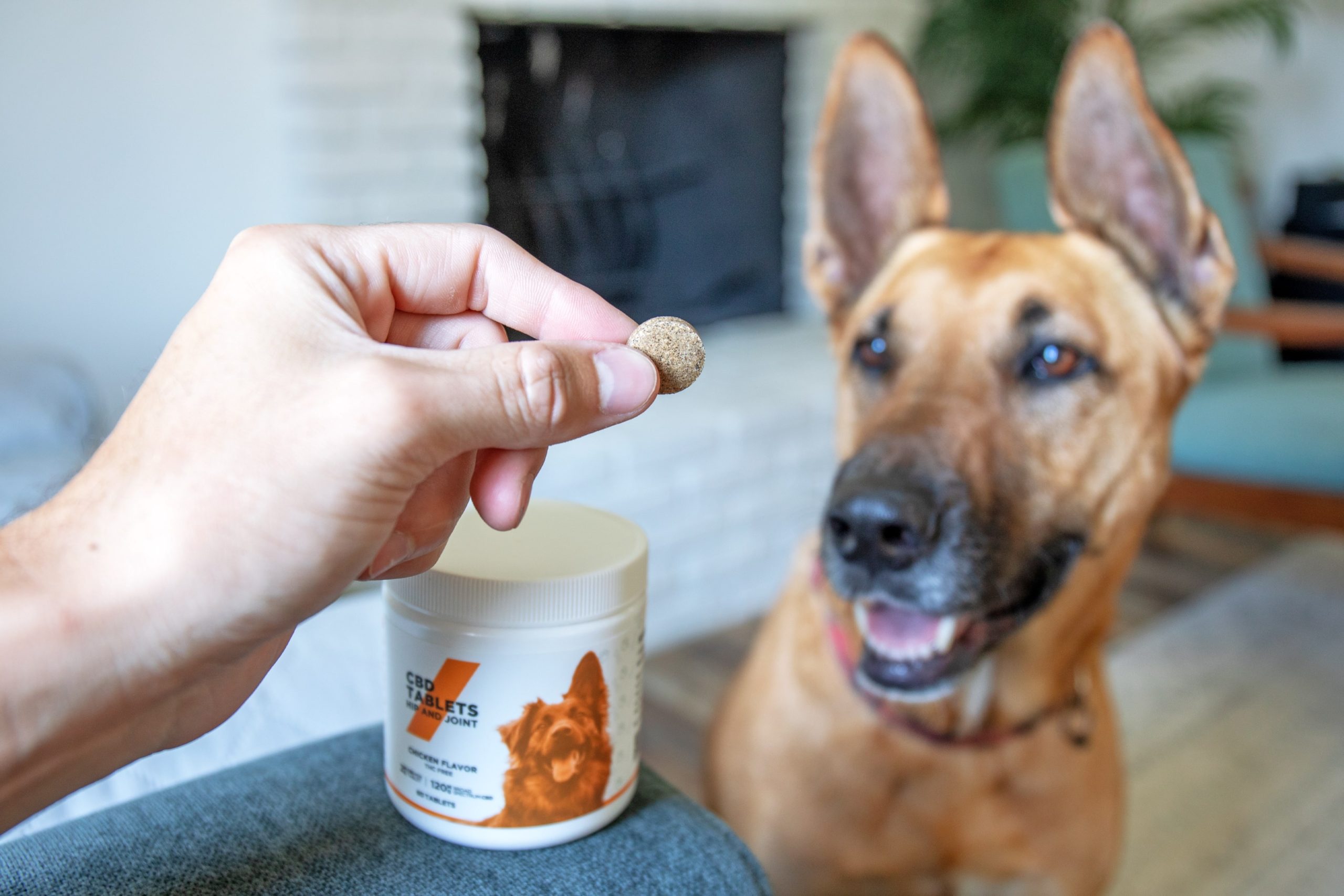So you’re a dog owner or thinking about getting a furry friend, huh? Well, it’s essential to know the signs of a healthy dog to ensure your pup is living its best life. From a glossy coat to a wagging tail, there are several indicators that your four-legged companion is in tip-top shape. Let’s explore the key signs you should look out for to keep your dog happy and healthy.

Physical Appearance
Coat and skin condition
A healthy dog will have a shiny and lustrous coat that is clean and free from flakes or dandruff. The skin should be smooth, without any redness, irritation, or sores. A dog with a healthy coat and skin is a clear indication of proper nutrition and overall well-being.
Weight and body condition
Maintaining a healthy weight is crucial for a dog’s overall health. A healthy dog should have a well-proportioned body with a visible waistline when viewed from above. You should be able to feel their ribs with a slight layer of fat covering them. An overweight or underweight dog may indicate an underlying health issue or improper diet.
Clear eyes
One of the most obvious signs of a healthy dog is bright, clear, and alert eyes. The eyes should be free from discharge, redness, or swelling. Additionally, the white part of the eyes should not have any yellowing or discoloration. Clear eyes indicate good health and can also be a reflection of a dog’s emotional well-being.
Clean ears
Healthy ears are clean, odorless, and free from debris. There should be no redness, swelling, or discharge. The insides of the ears should not have a buildup of wax or any signs of infection. Regular cleaning and proper ear care can help prevent ear infections, a common problem in dogs.
Healthy teeth and gums
A healthy dog should have clean teeth and pink gums. There should be no signs of tartar buildup, bad breath, or loose teeth. The gums should not be swollen, bleeding, or receding. Regular dental care, including brushing and professional cleanings, is essential for maintaining good oral health in dogs.
Energy and Activity Level
Steady energy
A healthy dog will have a consistent and steady energy level throughout the day. They should be alert and responsive, showing enthusiasm and interest in their surroundings.
Playfulness
Playfulness is a good indicator of a dog’s overall well-being. A healthy dog will often initiate playtime and engage in various activities. They will show interest in toys, games, and interaction with their human companions.
Interest in activities
A healthy dog will exhibit a keen interest in various activities, such as going for walks, playing fetch, or engaging in training sessions. They will have a curious nature and take pleasure in exploring their environment.
Maintains a good appetite
A healthy dog will have a consistently good appetite, eagerly eating their meals. They should show interest in their food and finish it within a reasonable timeframe. A decrease in appetite or sudden loss of interest in food may indicate underlying health issues.
Adequate stamina for exercise
A healthy dog should have the stamina and endurance to engage in physical activities, such as long walks or play sessions, without excessive fatigue. They should be able to maintain a moderate level of exercise without struggling or becoming overly tired.
Normal Bodily Functions
Regular bowel movements
A healthy dog will have regular bowel movements, typically one to two times a day. The stools should be well-formed, neither too hard nor too loose. Consistency in their bowel movements indicates a healthy digestive system.
Normal urination
A healthy dog will have regular and normal urination patterns. They should not strain or show signs of discomfort while urinating. The urine should be a clear to pale yellow color, indicating proper hydration.
Healthy breathing
A healthy dog will have normal breathing patterns, with no signs of wheezing, coughing, or excessive panting. Their breathing should be steady and effortless. Any abnormalities in breathing should be brought to the attention of a veterinarian.
No excessive drooling
While some dogs naturally drool more than others, excessive drooling can indicate dental issues, nausea, or other health problems. A healthy dog should have normal levels of drooling for their breed and should not have a constantly wet or damp mouth.
Normal body temperature
A dog’s normal body temperature ranges between 99.5°F and 102.5°F (37.5°C – 39.2°C). You can check their temperature using a rectal thermometer. If their temperature deviates significantly from this range, it may indicate an infection or illness, and veterinary attention should be sought.
Grooming Habits
No excessive shedding
While dogs naturally shed hair, excessive shedding can be a sign of poor nutrition, stress, or underlying health issues. A healthy dog will shed an average amount of hair that is appropriate for their breed.
No foul odor
A healthy dog should have a clean and odorless coat. Foul odors may indicate skin infections, dental issues, or other health problems. Regular grooming and maintaining proper hygiene can help prevent unpleasant odors.
Clean and trimmed nails
Keeping your dog’s nails clean and trimmed is essential for their overall well-being. Nails that are too long can cause discomfort and affect their ability to walk properly. Regular nail trimming is necessary to prevent overgrowth and potential injuries.
Regular grooming routine
A healthy dog will benefit from regular grooming, which includes brushing their coat, cleaning their ears, and checking their overall condition. Regular grooming not only helps maintain their physical appearance but also promotes a healthy bond between you and your dog.
Regular brushing
Brushing your dog’s coat regularly helps keep it clean, free from tangles and mats, and promotes good blood circulation. It also allows you to check for any abnormalities or irritations on their skin. The frequency of brushing depends on your dog’s breed and coat type.

Healthy Eating Habits
Enthusiasm for meals
A healthy dog will eagerly anticipate mealtime and show enthusiasm when presented with food. They should have a healthy appetite and finish their meals with gusto. A sudden loss of appetite or disinterest in food may indicate an underlying health issue.
Good digestion
A healthy dog will have regular and normal digestion. They should not experience frequent bouts of diarrhea, vomiting, or constipation. Their stools should be well-formed and easy to pass.
Maintains a healthy weight
A healthy dog will maintain a stable and appropriate weight for their breed and size. Regular monitoring of their weight, along with proper nutrition and exercise, is essential for preventing obesity or excessive weight loss.
No food allergies or sensitivities
A healthy dog should not display any signs of food allergies or sensitivities. They should be able to tolerate their regular diet without experiencing digestive issues, skin irritations, or excessive itching.
Normal appetite and food intake
A healthy dog will maintain a consistent and appropriate appetite. They should not display sudden changes in appetite or overeat. Normal food intake ensures they receive the necessary nutrients for their overall health.
Behavior and Temperament
Alert and responsive
A healthy dog will be alert and responsive to their surroundings. They should be aware of their environment, readily react to noises or stimuli, and display an overall alertness.
Happy and content
A healthy dog will exhibit a generally happy and content disposition. They will often wag their tail, show excitement when meeting their humans or other animals, and display overall positive body language.
Social behavior with humans and other animals
A healthy dog should display appropriate social behavior with humans and other animals. They should be friendly, approachable, and show interest in interacting with others. Aggression, fearfulness, or excessive shyness may indicate underlying behavioral or health issues.
No signs of aggression or fearfulness
A healthy dog will not display aggressive or fearful behavior without reason. They should have a calm and balanced temperament, with no excessive barking, growling, or biting tendencies.
No destructive behavior
A healthy dog will exhibit appropriate behavior and not engage in destructive habits such as excessive chewing, scratching furniture, or digging. They should be well-behaved and respond positively to training and boundaries set by their owners.

Sound Sleep Patterns
Restful sleep
A healthy dog should have restful and uninterrupted sleep. They should be able to sleep for adequate periods without constant waking or restlessness.
No excessive snoring or wheezing
While occasional snoring is common in dogs, excessive snoring or wheezing can be a sign of respiratory issues or other health problems. A healthy dog should not exhibit loud or labored breathing while asleep.
Normal sleep duration
The average adult dog requires 12 to 14 hours of sleep per day, while puppies and older dogs may need even more. A healthy dog should have a regular sleeping pattern and receive sufficient rest to support their overall well-being.
Comfortable sleeping position
A healthy dog will find a comfortable and relaxed sleeping position that allows them to rest without discomfort. They should be able to lie down in their preferred position without showing signs of pain or unease.
No signs of insomnia
Insomnia or difficulty falling or staying asleep can indicate underlying health issues or anxiety. A healthy dog should not struggle with insomnia but instead enjoy restful sleep and wake up refreshed.
Healthy Elimination Habits
Consistent elimination schedule
A healthy dog will have a consistent elimination schedule, typically one to two times a day. They should have a regular routine and not deviate significantly from their usual pattern.
No difficulty or straining during elimination
A healthy dog should be able to pass their stool and urinate without any difficulty or straining. They should be able to eliminate waste easily, and the process should not be accompanied by signs of pain or discomfort.
Normal stool consistency
Stools should be of a normal consistency, firm but not too hard or loose. Diarrhea or frequent changes in stool consistency may indicate digestive issues or dietary problems that should be addressed.
No excessive licking or scooting
While dogs may occasionally groom their hindquarters, excessive licking or scooting can indicate discomfort, itchiness, or anal gland issues. A healthy dog should not display persistent licking or scooting behavior.
No blood or mucus in feces
Blood or mucus in the feces can be a sign of gastrointestinal issues or other health problems. A healthy dog should have normal and consistent stool appearance without any signs of blood or mucus.

Regular Veterinary Check-ups
Up-to-date vaccinations
A healthy dog should receive regular vaccinations to protect against common diseases and maintain a strong immune system. Vaccinations should be kept up-to-date according to the recommended schedule.
Regular parasite prevention
To ensure a healthy dog, regular parasite prevention is crucial. This includes protecting against fleas, ticks, heartworms, and other parasites that can cause various health issues. Consistent use of preventative medications and regular check-ups are necessary.
Annual wellness exams
Annual wellness exams with a veterinarian are vital for maintaining a dog’s overall health. These exams allow for the detection of any potential health concerns and give an opportunity to discuss preventive care and necessary treatments.
Dental check-ups
Regular dental check-ups are essential for maintaining a healthy mouth and preventing dental diseases. A healthy dog should receive professional dental examinations, cleanings, and routine dental care.
Laboratory screenings
A healthy dog may require laboratory screenings, including blood tests, urinalysis, and fecal examinations, to assess their overall internal health. These screenings help identify potential issues early on and aid in maintaining their well-being.
Positive Overall Well-being
Happy disposition
A healthy dog should have a happy and cheerful disposition. They should be excited to see their human companions, display a wagging tail, and engage in playful behavior.
Healthy weight and physique
Maintaining a healthy weight and physique is crucial for a dog’s overall well-being. A healthy dog will appear fit, with a well-proportioned body and a visible waistline.
Strong immune system
A healthy dog will have a strong immune system, enabling them to fight off infections and illnesses. Regular vaccinations, a nutritious diet, and overall good health contribute to a strong immune system.
Good quality of life
A healthy dog will enjoy a good quality of life, free from illness, pain, or significant discomfort. They should be able to engage in their favorite activities and have a positive and enriching daily routine.
No signs of pain or discomfort
A healthy dog should not display signs of pain or discomfort. They should be able to move freely, without limping or showing signs of stiffness. Any indications of pain or discomfort should be evaluated by a veterinarian.
In conclusion, there are several key indicators that can help determine whether a dog is healthy. From their physical appearance to their behavior and overall well-being, paying attention to these signs can help ensure the health and happiness of your furry friend. Regular veterinary check-ups, proper nutrition, grooming, and exercise are crucial in maintaining a healthy dog. Remember to always consult with a veterinarian for any concerns or questions regarding your dog’s health to provide the best possible care.


